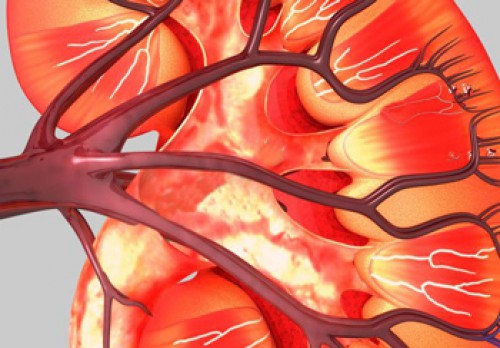JANUARY 31, 2018

A history of childhood kidney disease is associated with increased risk for end-stage renal disease in adulthood, according to a study published in the Feb. 1 issue of the New England Journal of Medicine.

WEDNESDAY, Jan. 31, 2018 – A history of childhood kidney disease is associated with increased risk for end-stage renal disease (ESRD) in adulthood, according to a study published in the Feb. 1 issue of the New England Journal of Medicine.
Ronit Calderon-Margalit, M.D., M.P.H., from the Hadassah-Hebrew University Braun School of Public Health in Jerusalem, and colleagues conducted a historical cohort study of 1,521,501 Israeli adolescents who were examined in 1967 to 1997 to estimate the risk of future ESRD. Participants included in the final analysis had normal renal function and no hypertension in adolescence.
The researchers found that ESRD developed in 2,490 persons during 30 years of follow-up. There was a correlation for a history of any childhood kidney disease with a hazard ratio for ESRD of 4.19. Correlations of similar magnitude were seen between each diagnosis of kidney disease in childhood (congenital anomalies of the kidney and urinary tract, pyelonephritis, and glomerular disease) and the risk of ESRD in adulthood (multivariable-adjusted hazard ratios of 5,19, 4.03, and 3.85, respectively). There was a correlation for history of kidney disease in childhood with younger age at onset of ESRD (hazard ratio for ESRD among adults
“A history of clinically evident kidney disease in childhood, even if renal function was apparently normal in adolescence, was associated with a significantly increased risk of ESRD, which suggests that kidney injury or structural abnormality in childhood has long-term consequences,” the authors write.